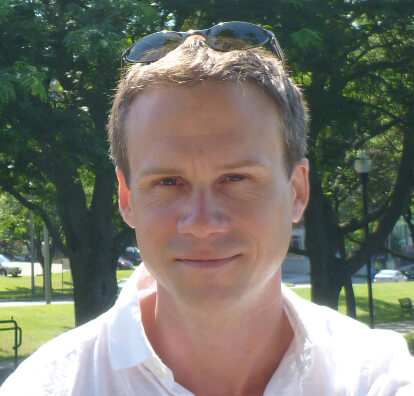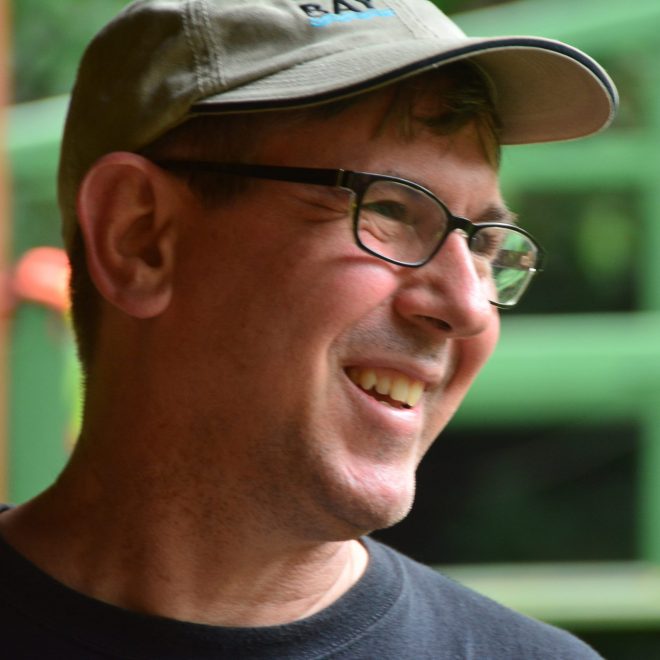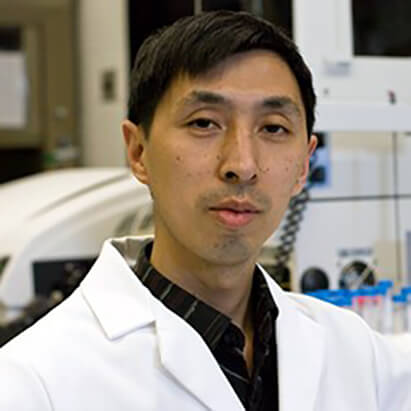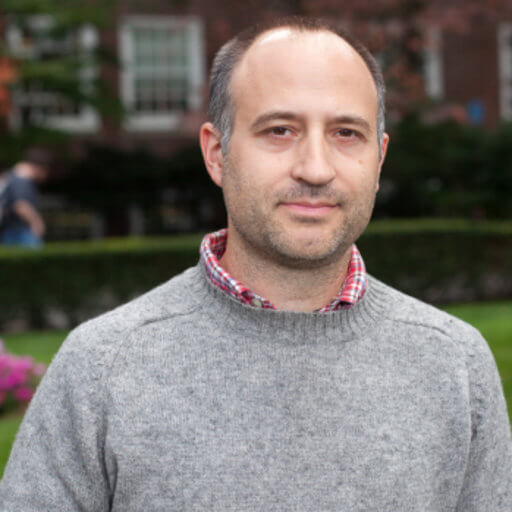
Tony Wilson
Evolutionary Biology, BUEE PI
Our lab integrates studies at a wide range of both temporal and spatial scales in an attempt to identify general factors responsible for the generation of natural biodiversity in aquatic systems. We study a number of different freshwater and marine model systems using a combination of field, laboratory and experimental approaches to investigate how selective pressures contribute to the evolution of reproductive isolation. Studies on natural populations are complemented by experimental work in a large marine husbandry facility in which we can explore how environmental variation both promotes and constrains adaptive evolution.

Brett Branco
Coastal Resilience, BUEE co-PI
As Director of the Science and Resilience Institute at Jamaica Bay, I lead and coordinate a variety of projects and initiatives that help agencies, communities and practitioners build coastal resilience, guide habitat restoration and improve environmental conditions. Our current portfolio of projects include understanding the extent and impacts of flooding from sea level rise, king tides and storms; assessing the benefits of different shoreline types ranging from natural to nature-based to hard-structural features; monitoring the performance of living shorelines; and evaluating the potential of nature-based solutions for improving water quality. We work with an extensive network of partners ranging from city, state and federal agencies, community and environmental organizations, and other researchers.

Joshua Cheng
Urban Soils
Our lab explores a number of urban environmental sustainability issues, and aims to find green and sustainable solutions for challenging environmental issues in cities. We integrate field monitoring, lab analysis and experiments, as well as statistical analysis and computer modeling to study complex environmental problems, sometime coupled with studies on social dimensions. Most of our work is revolved around urban soils and its functions in natural and human modified systems in New York City. We work closely with agencies and community organizations to carry out research projects.

Theodore Muth
Urban Microbial Ecology
Our lab uses DNA sequence data, in combination with culture-based bacterial analyses, to learn how microbial communities in urban environments are impacted by human activity. While only a small fraction of bacteria in most microbial communities can be cultured under laboratory conditions, total community DNA collected from environmental samples can be used as an indicator of the presence and relative abundance of most microorganisms, as well as the metabolic pathways and virulence factors represented within of the community.